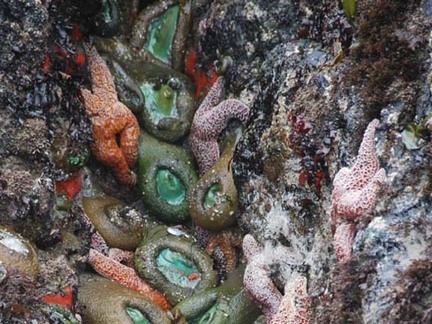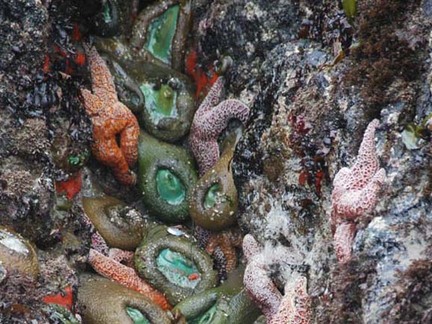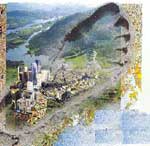If you’d read New York Times columnist Paul Krugman in the past week, you might find conflicting answers to the question, “Is it easy to be green”? Economist Krugman, who received the Nobel Prize in Economics last year, maintained in his September 24th column that It’s Easy Being Green. His argument is that saving the planet would not kill the economy, as many opponents of climate change legislation maintain. Instead, he says, studies suggest that by eliminating practices that waste huge amounts of fossil fuels but don’t add to our standard of living, consumers could actually save money. Secondly, he reports, analysis shows that restrictions imposed by the House’s cap-and-trade climate bill, the Waxman-Markey act, on greenhouse gases would cost the average family only about $160 a year in 2020.
A few days later, however, Krugman was feeling despair over the fate of the climate. One scientific report after another predicts imminent environmental catastrophes linked to global warming and the effects of man-made greenhouse gas emissions. “In a rational world, then”, he postulates, “the looming climate disaster would be our dominant political and policy concern. But it manifestly isn’t. Why not?” Because as Al Gore said, the truth is too inconvenient. Climate change warnings are inconvenient for all of us with our all too human lifespan short-sightedness and particularly for the megaindustries with armies of lobbyists in place to protect the status quo.
While the climate threat is worse than we care to admit, the economic cost of addressing the issue is lower than we fear. “So the time for action is now. O.K., strictly speaking it’s long past. But better late than never.”
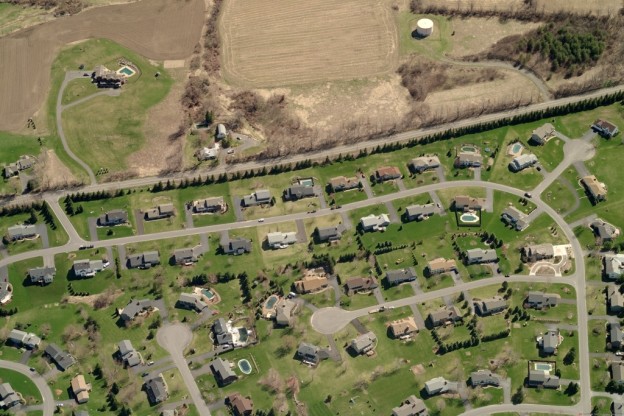
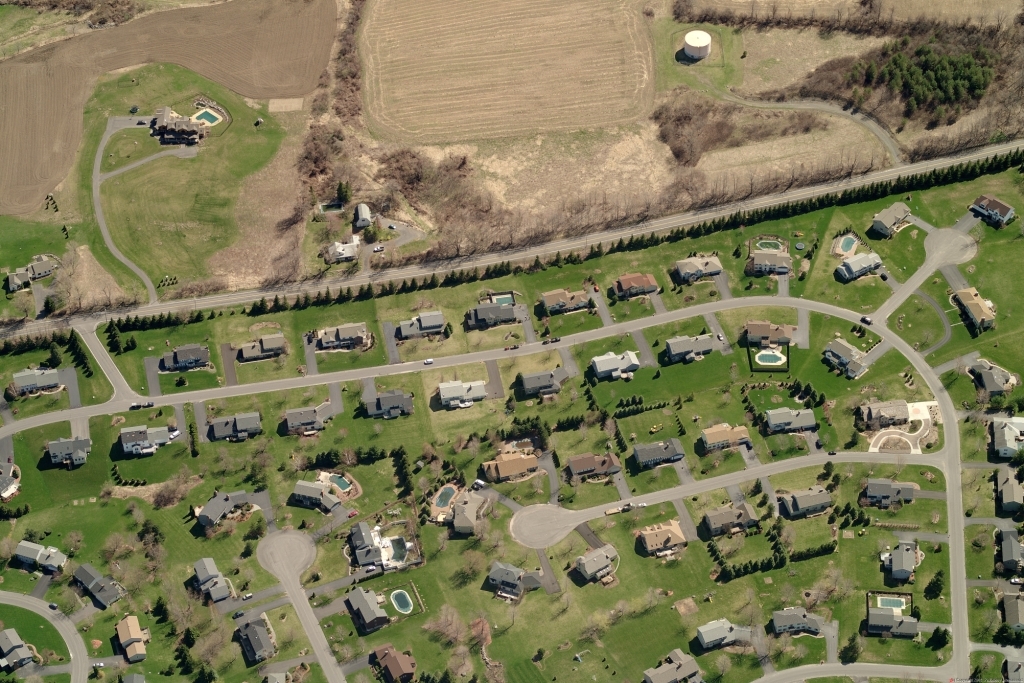 Pollan references the findings of a team of designers from M.I.T. and Columbia who were asked by UnitedHealthcare’s foundation to come up with the best way to tackle childhood obesity in America. “Their conclusion surprised the designers as much as their sponsor: they determined that promoting the concept of a ‘foodshed’ — a diversified, regional food economy — could be the key to improving the American diet.”
Pollan references the findings of a team of designers from M.I.T. and Columbia who were asked by UnitedHealthcare’s foundation to come up with the best way to tackle childhood obesity in America. “Their conclusion surprised the designers as much as their sponsor: they determined that promoting the concept of a ‘foodshed’ — a diversified, regional food economy — could be the key to improving the American diet.”